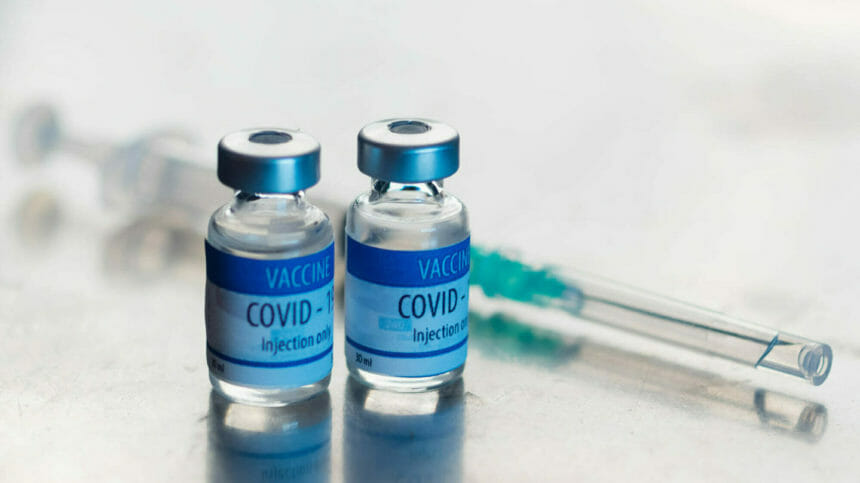
People with severe obesity not only have higher risk from severe COVID-19, but a faster decline in the protection offered by vaccination than their peers without obesity, a new study has found. These patients will likely require more frequent shots to remain safeguarded, investigators say.
Using data from 3.6 million people in a Scottish population study, the researchers found that people with severe obesity (BMI greater than 40) had a 76% higher risk of severe COVID-19 outcomes, compared to those of medically normal weight (BMI of 19 to 25). Risk also was modestly higher in people with a BMI of 30 to 35, and in people who were underweight.
Investigators also compared vaccine protection levels between a cohort of 28 people with severe obesity and 41 people of medically normal weight. The cohort with obesity had relatively fewer detectable neutralizing antibodies at six months and were less able to neutralize the SARS-CoV-2 virus, results showed.
Third dose helps — for a time
A third (booster) dose of a COVID-19 vaccine restored the ability of virus antibodies to neutralize the virus in both the medically normal weight and severely obese groups. But immunity once again declined more rapidly over time among study participants with severe obesity, investigators reported.
The results are concerning, they said.
“More frequent booster doses are likely to be needed to maintain protection against COVID-19 in people with obesity,” Sadaf Farooqi of the University of Cambridge in the United Kingdom said. “Because of the high prevalence of obesity across the globe, this poses a major challenge for health services.”
Full findings were published in Nature Medicine.
Related articles:
COVID risk rises with body mass index, CDC study finds
Rising obesity rates reflected in nursing homes; care challenges remain unmet, experts say
Obesity a major barrier to healthy aging among U.S. seniors, group contends



